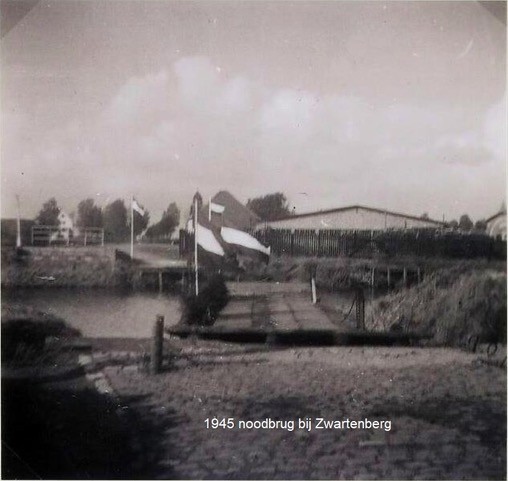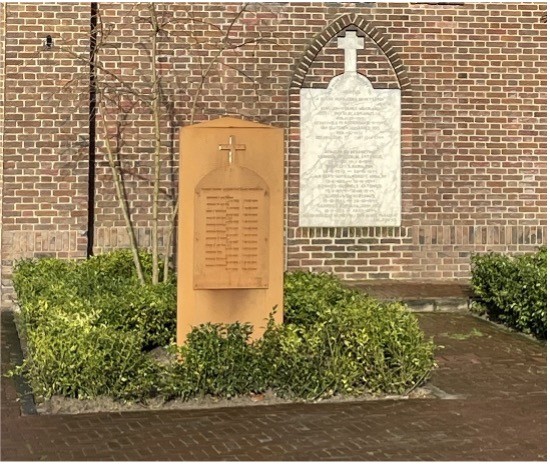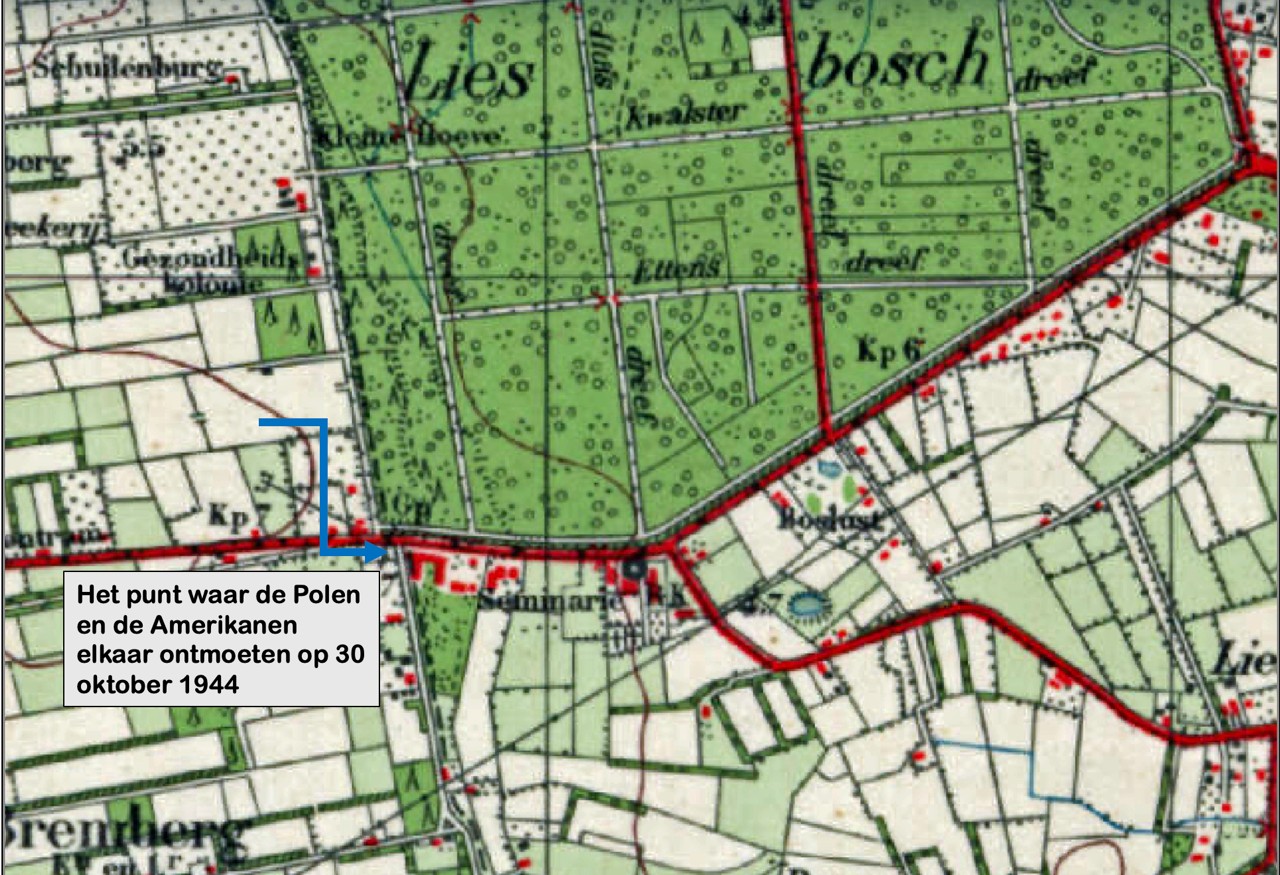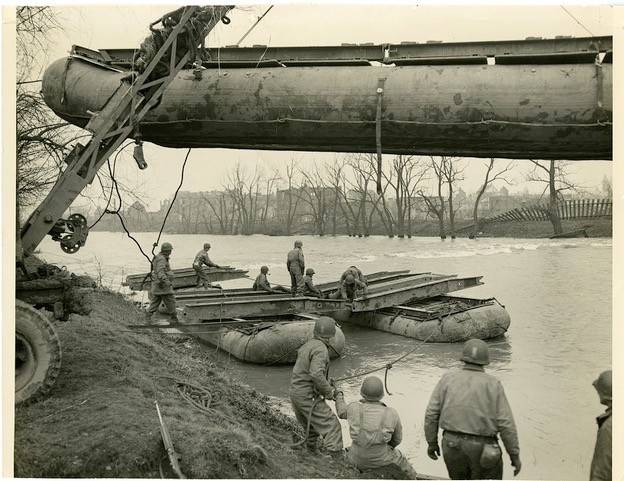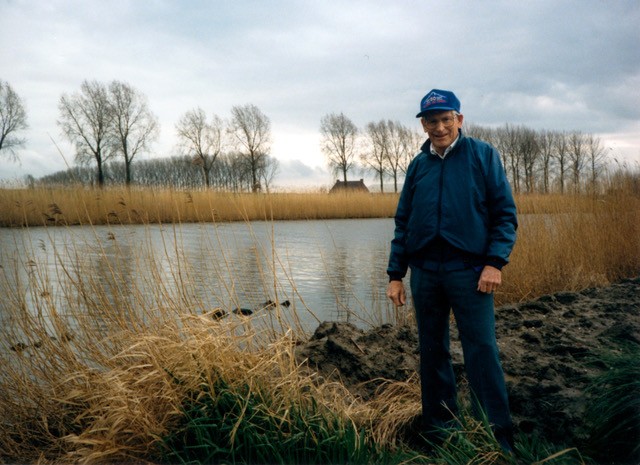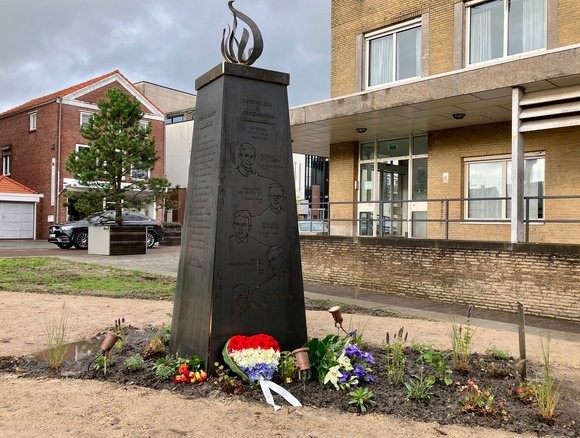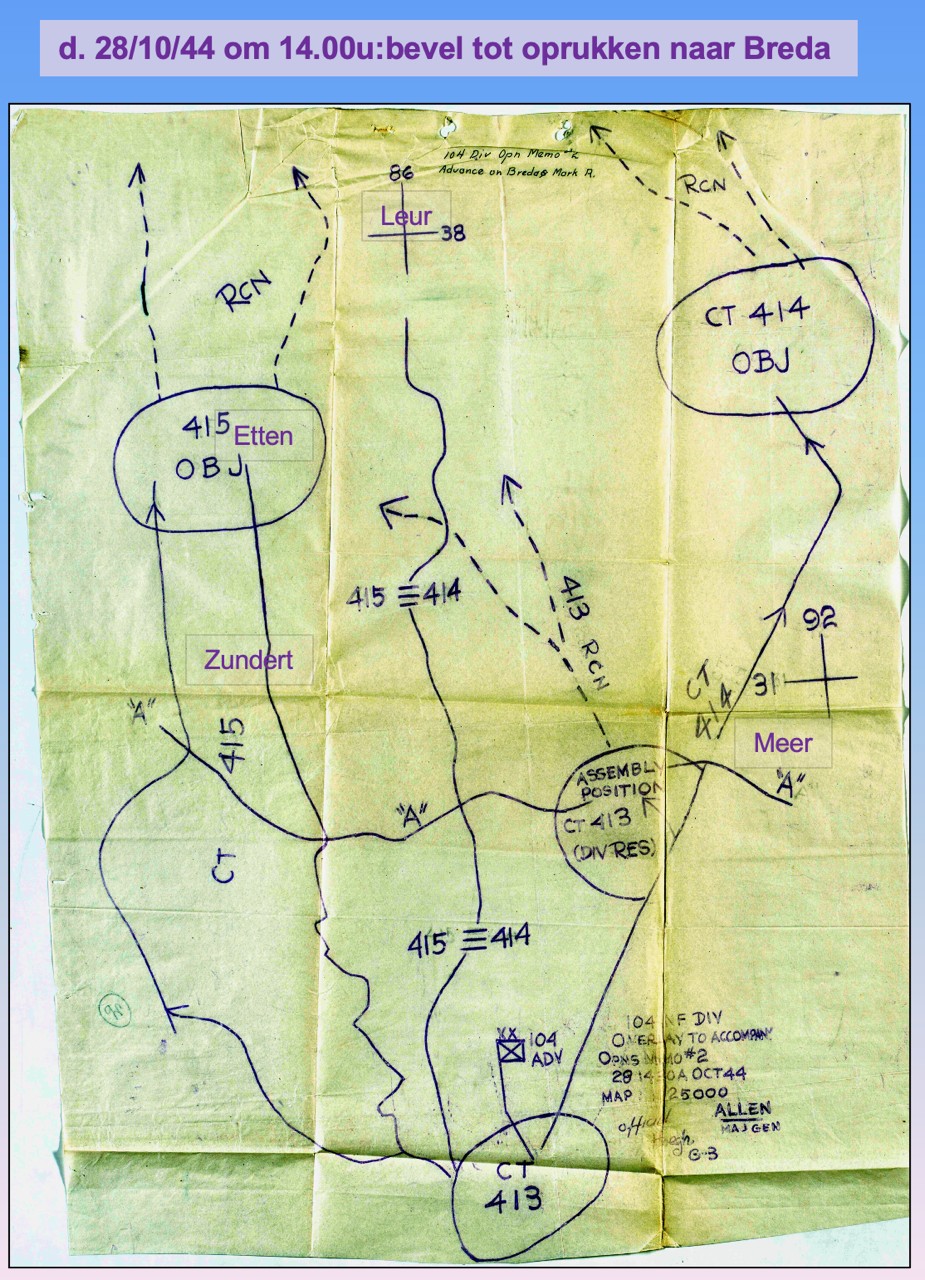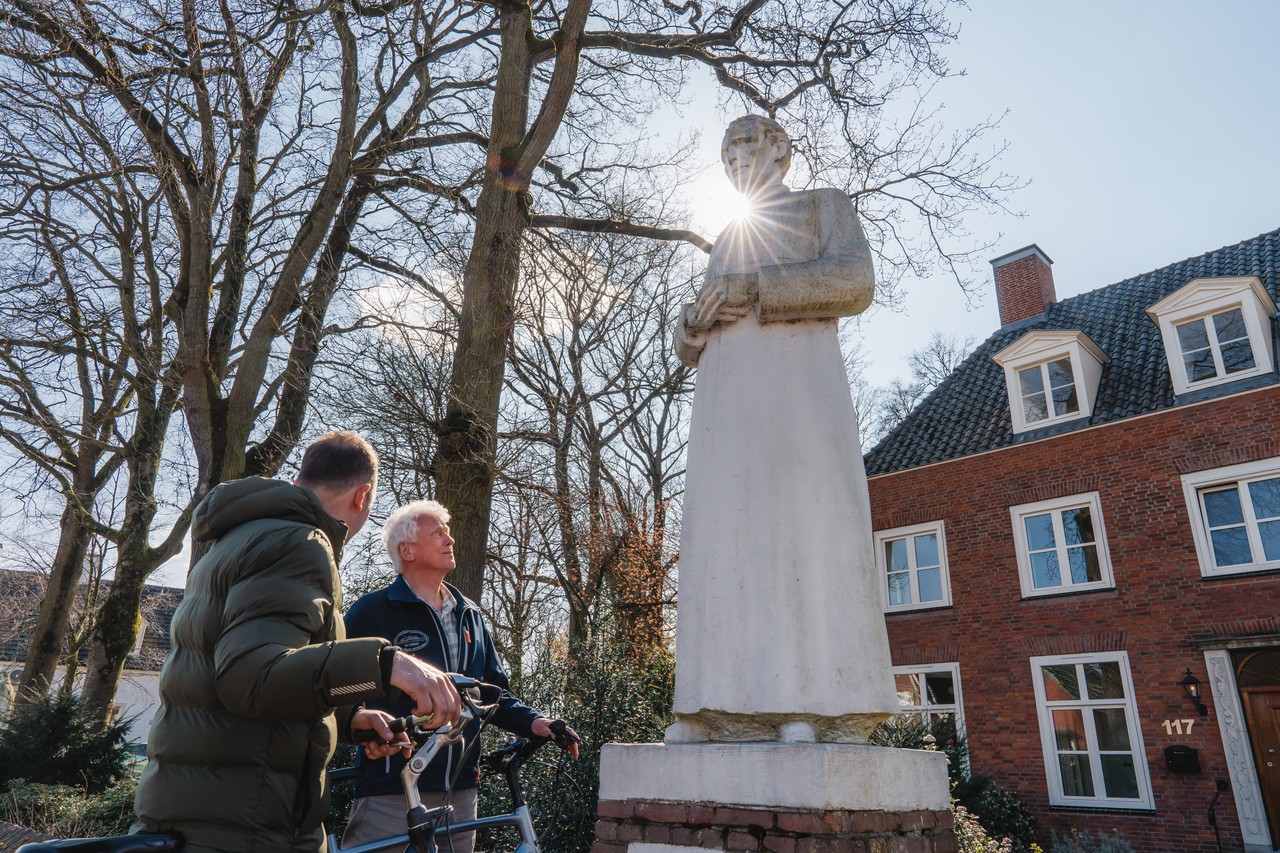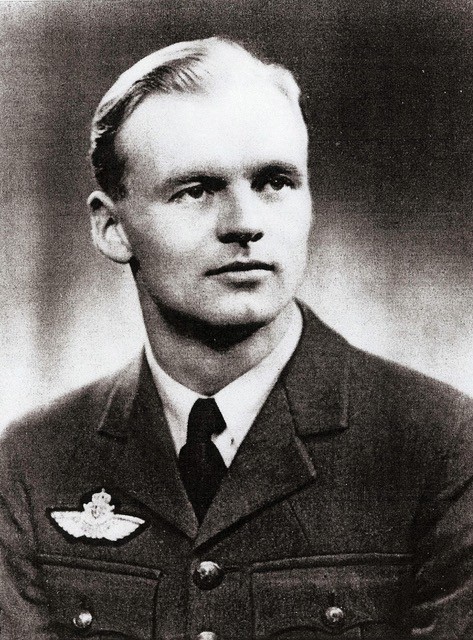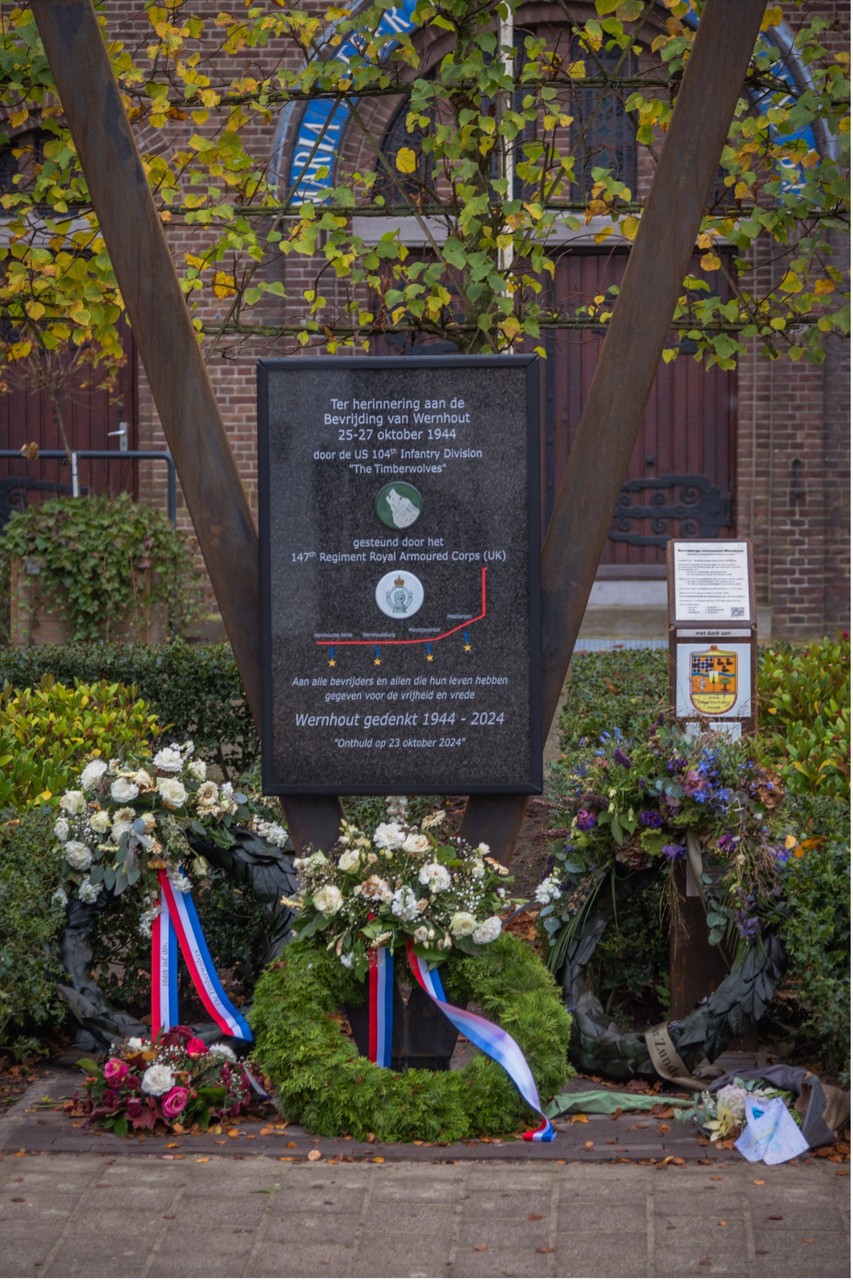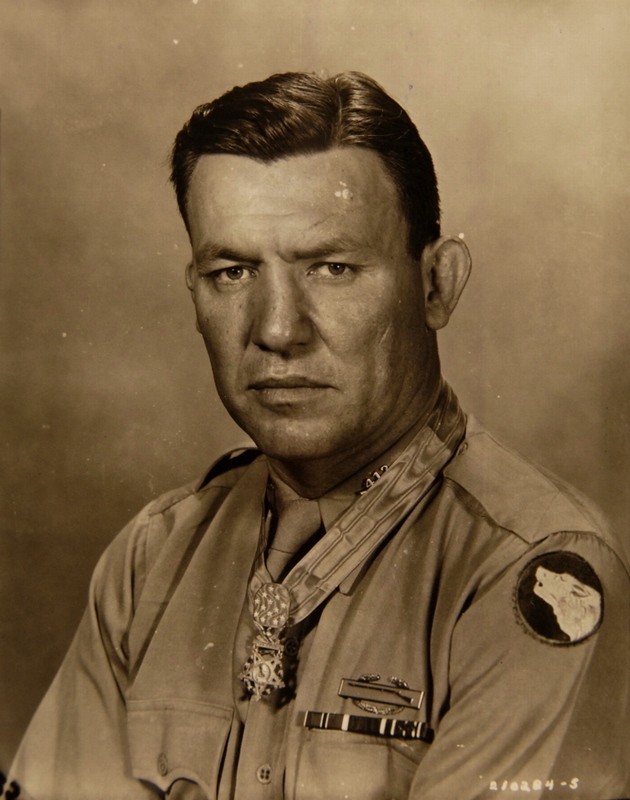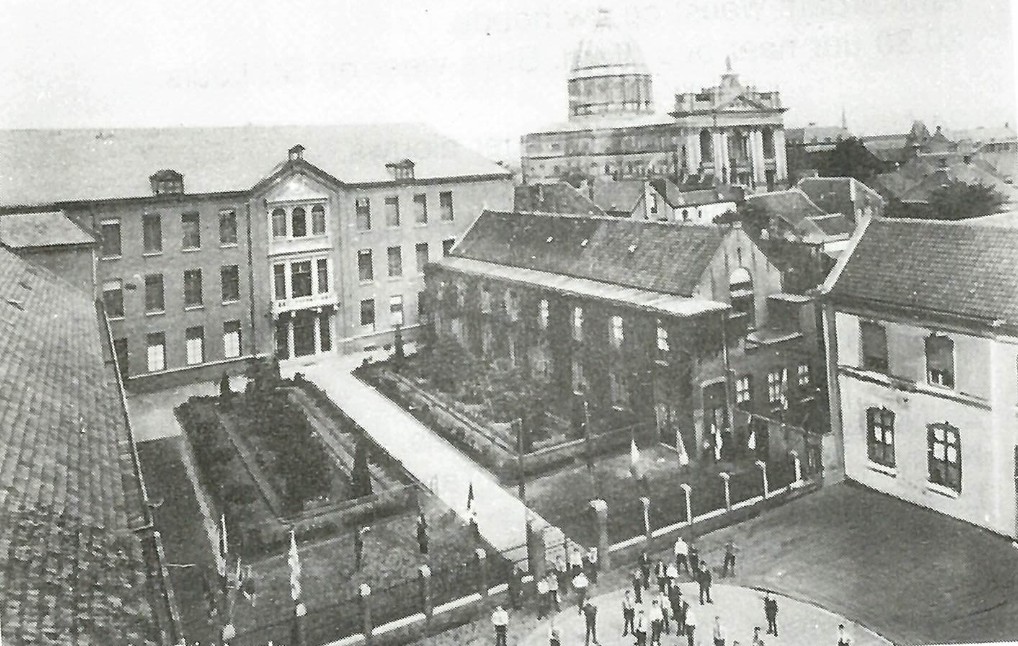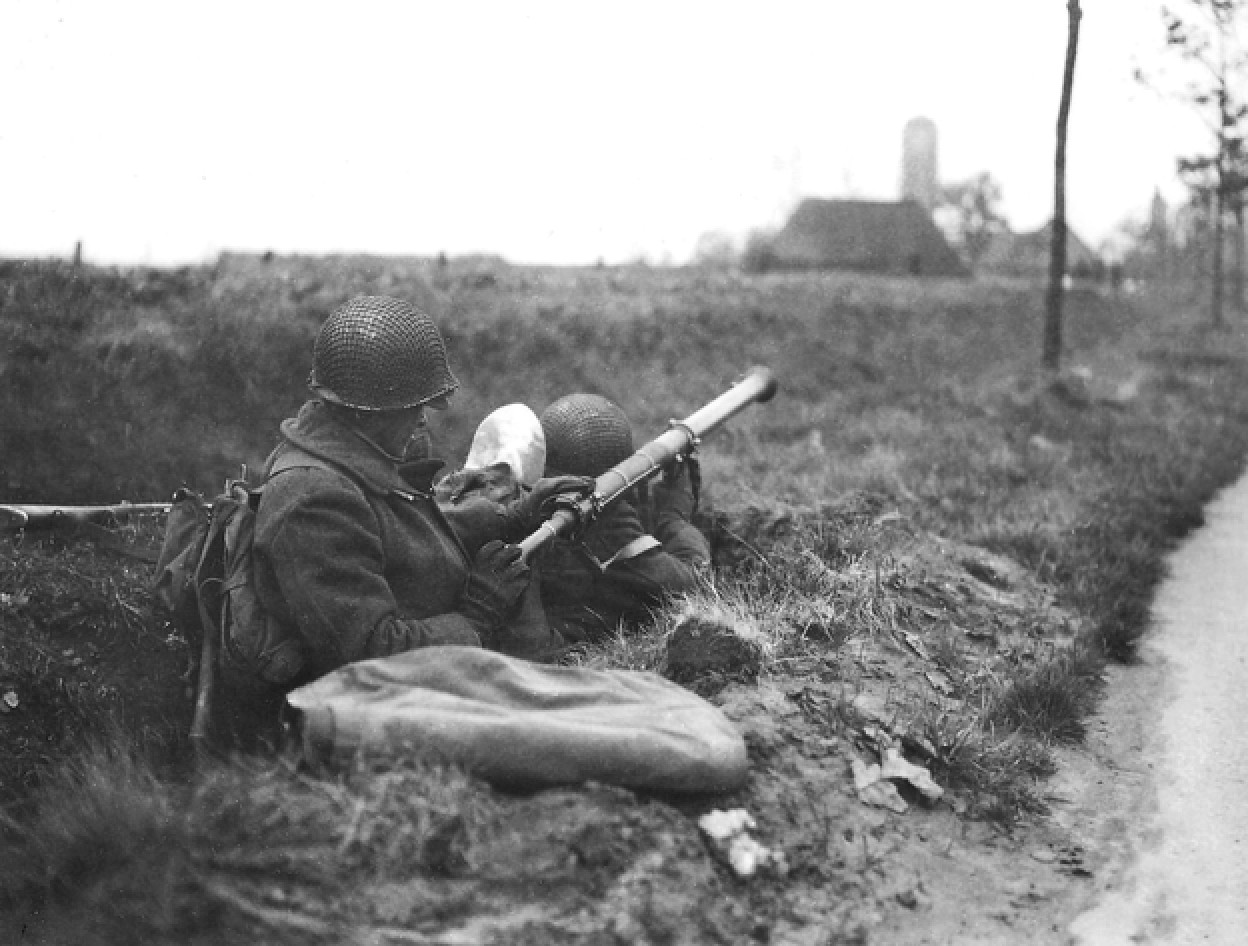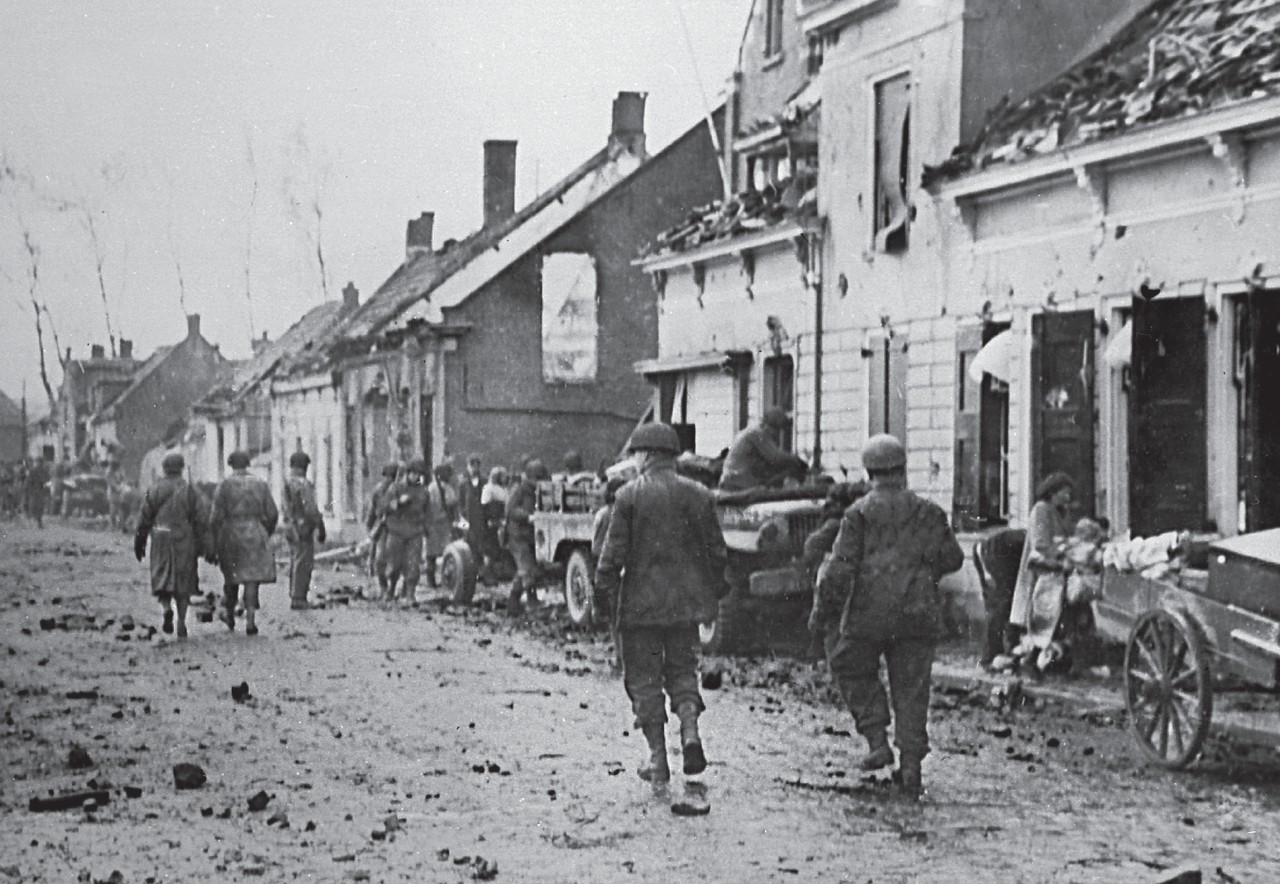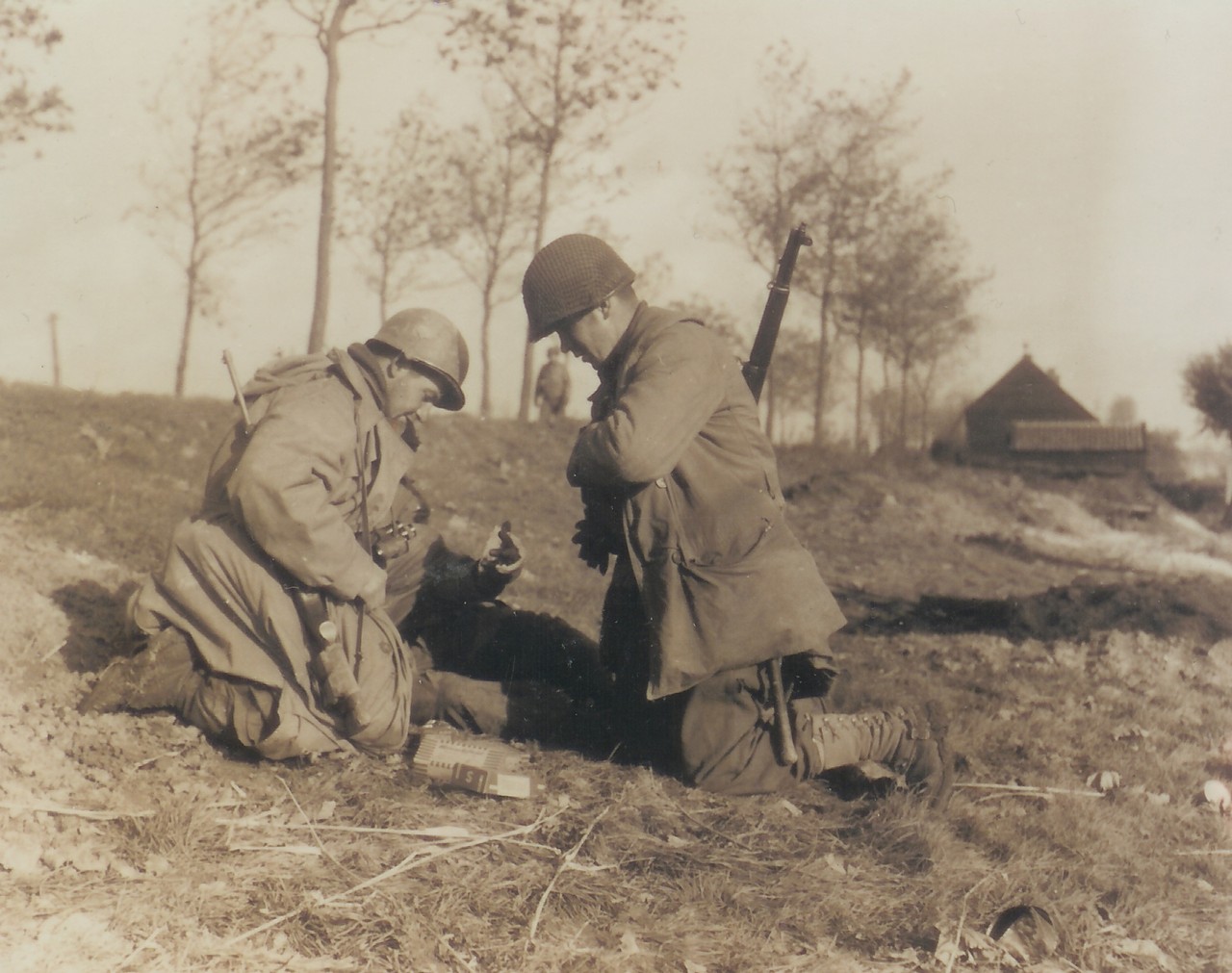West Brabant was liberated in the autumn of 1944 by an international force led by the First Canadian Army under the command of General Crerar. In addition to Canadian divisions, British, Polish and American units also operated in this area. The 104th US Infantry Division, known as the "Timberwolves," played a special role in this. This division was the first American unit to operate under Canadian command and was also shipped directly from the United States to Normandy. On 7 September 1944, the division landed in Cherbourg, but it was not until October that it reached the Dutch-Belgian border with approximately 18,000 soldiers.
Despite its limited experience, under the command of Major General Terry Allen, the division began its first battles at Zundert and Wuustwezel on 25 October 1944. After heavy German resistance, the lines were broken through, which made a smoother advance possible. In the following days, the Timberwolves liberated several villages in West Brabant, such as Rijsbergen, Rucphen, Hoeven, but also Leur and Etten. Oudenbosch, with its famous basilica, was taken without much resistance on October 30. Thanks to the intervention of a German general, the basilica was spared.
On the last day of October 1944, the Timberwolves were given the difficult task of crossing the Mark River at Standdaarbuiten and establishing a bridgehead. A first attempt failed, with heavy losses due to a German counterattack. After intensive preparation, the 2nd Battalion of the 413th Infantry Regiment attacked in the late evening of November 2. Under heavy artillery fire, approximately 600 Americans crossed the river in boats. By midnight, approximately 2,000 men were on the northern bank, after which an emergency bridge was quickly built to ferry heavy equipment.
Standdaarbuiten, badly damaged, was liberated. The inhabitants welcomed their liberators, and the bond with the Timberwolves lives on to this day.
The American advance then proceeded via two routes: one towards Klundert and the other towards Zevenbergen. The large polder around the villages of Standdaarbuiten and Noordhoek was avoided as much as possible. Their opponent, the German 346th Infantry Division, slowly withdrew towards Klundert. On 5 November the Timberwolves reached Zevenbergen. There was hardly any real liberation, given the many victims and the great destruction.
That same day the forward unit reached the Hollands Diep near the hamlet of Roode Vaart, their ultimate goal. Shortly afterwards they were ordered to move to Aachen. During the liberation of West Brabant, approximately 170 Americans from the 104th Division lost their lives and many were wounded.
Their commander, General Terry Allen, summed up their determination with the words: "Nothing in hell can stop the Timberwolves!.”
